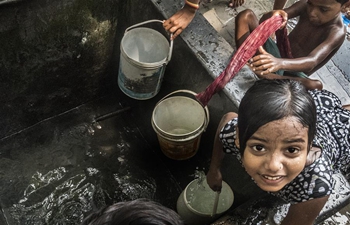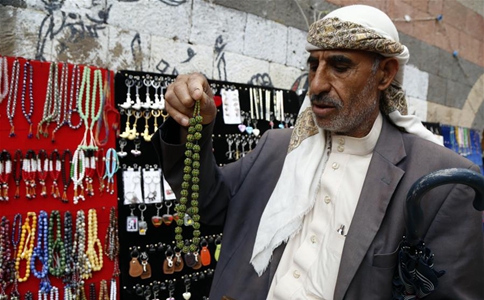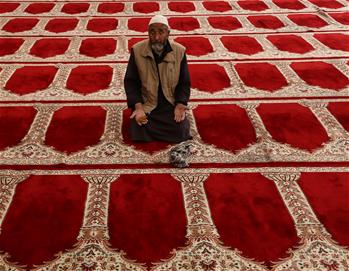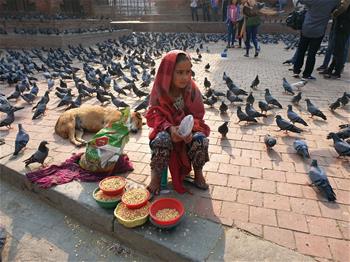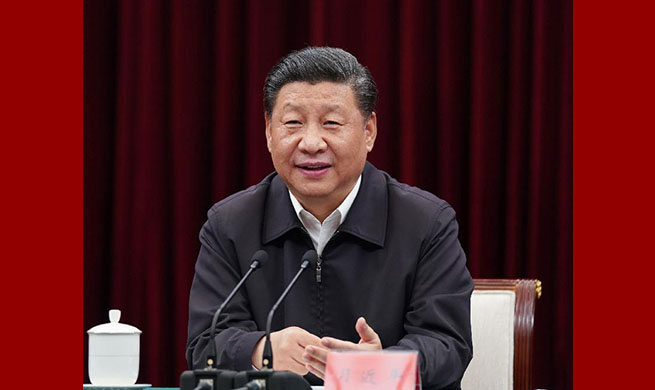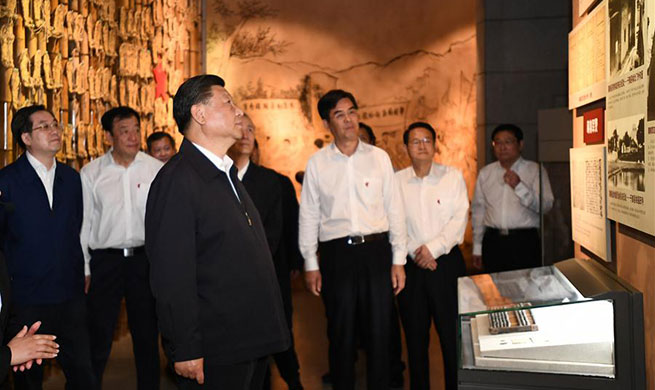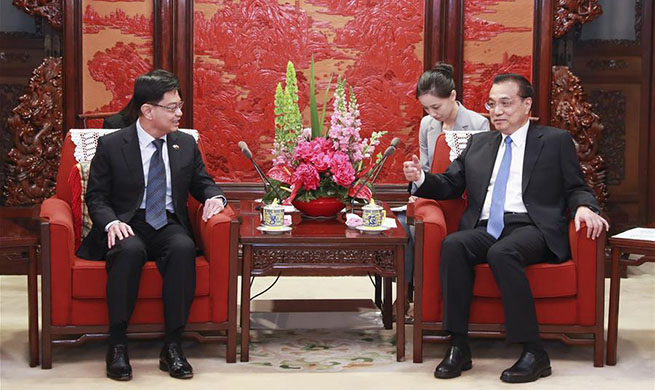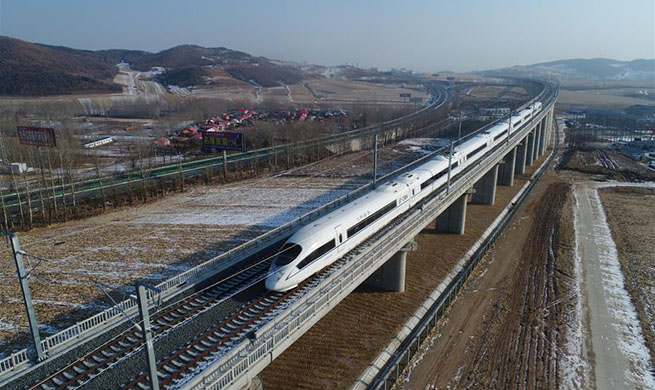GENEVA, May 23 (Xinhua) -- The United Nations announced stepped-up actions on Thursday against the ongoing Ebola outbreak in the Democratic Republic of the Congo (DRC), including strengthened political engagement and operational support to negotiate access to communities.
The Ebola epidemic in the DRC is now in its tenth month and the number of new cases has been on the increase in recent weeks. The epidemic has claimed more than 1,200 lives, and the risk of the disease spreading to other provinces in the eastern Congo as well as neighboring countries remains very high.
Though the World Health Organization (WHO) and other UN agencies and partners have managed to contain the spread of the Ebola virus in parts of the DRC's Ituri and North Kivu provinces, the affected communities' sense of insecurity and mistrust in the authorities' response continue to hamper access to the infected areas and the detection, treatment and vaccination of sick people. Ultimately, the transmission of Ebola remains most intense.
To strengthen its efforts to fight the disease, the United Nations said it was strengthening its political engagement and operational support to negotiate access to the affected communities; increasing support for humanitarian coordination; and bolstering preparedness and readiness planning for Goma (capital of North Kivu province) and the neighboring countries.
Meanwhile, the WHO is adapting its public health strategies to identify and treat people as quickly as possible; expanding its vaccination campaign to reach and protect more people; and redoubling its efforts to prevent transmission in health facilities.
David Gressly, deputy UN special representative of the secretary general in the UN Organization Stabilization Mission in the DRC (MONUSCO), has been appointed UN emergency Ebola response coordinator in the country's affected areas.
He is tasked with overseeing the coordination of international support for Ebola response and ensuring that an enabling environment, particularly security and political, is in place to allow the Ebola response to be even more effective.
"Insecurity and political protests have led to periodic disruptions in our efforts to fight the disease," Gressly said, citing this as the reason for moving "senior leadership and operational decision making to the epicenter of the epidemic in Butembo (a city in North Kivu province)."
Additionally, the UN is to bolster the critical work of non-governmental organizations and agencies already on the ground, including UNICEF, in community engagement, in providing psychosocial interventions, and in helping prevent infection through water, sanitation and hygiene services.
Financial planning and reporting will also be strengthened and accelerated to ensure sustainable and predictable funding required for combating Ebola.




